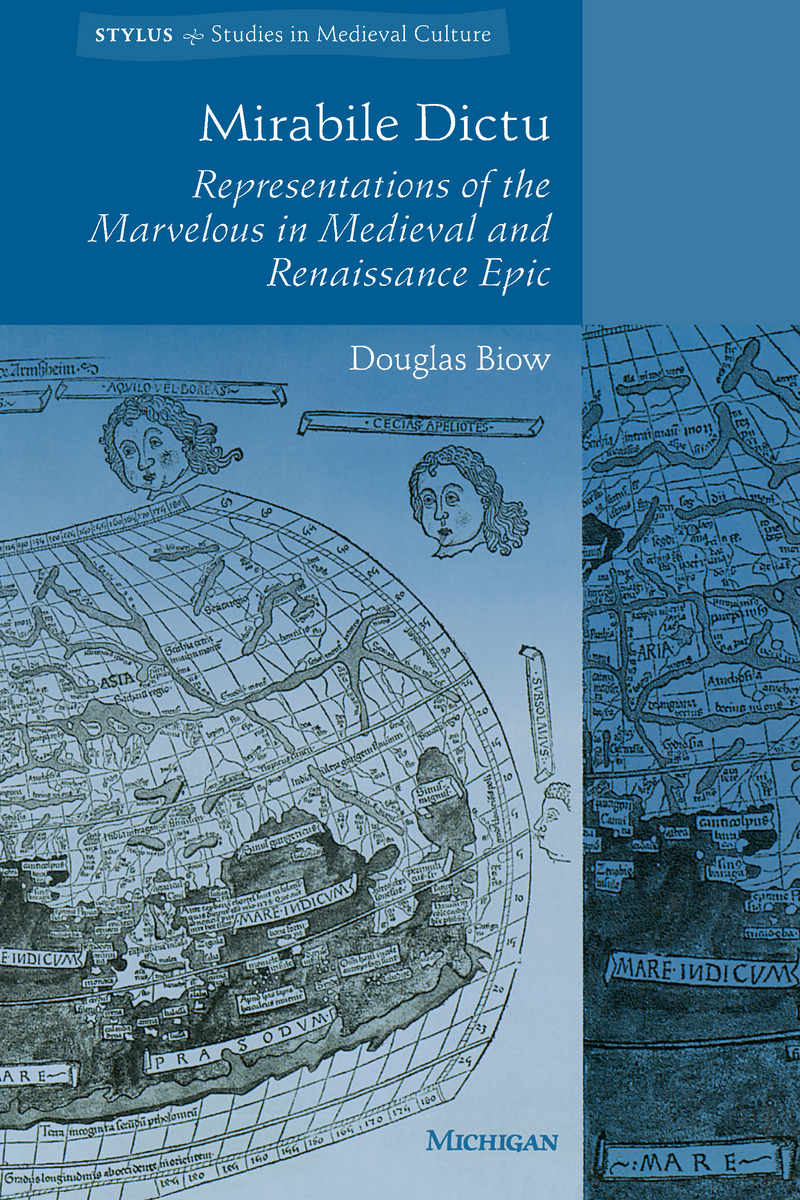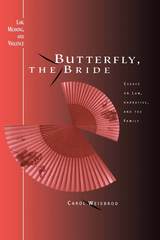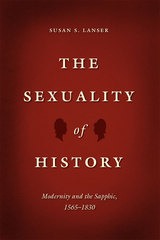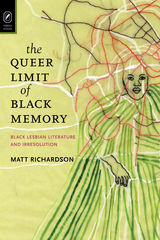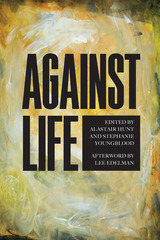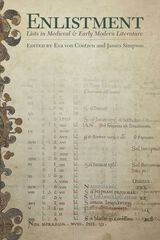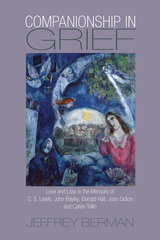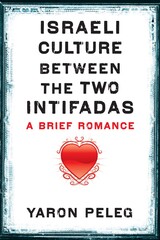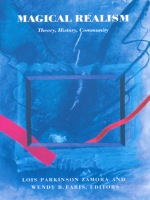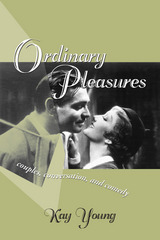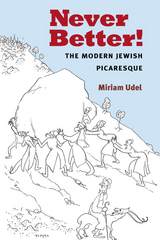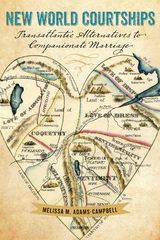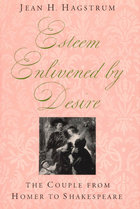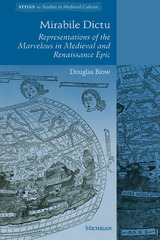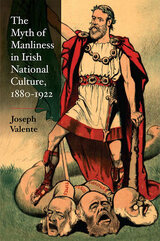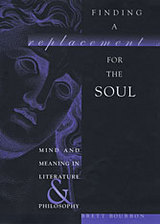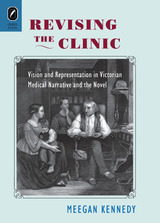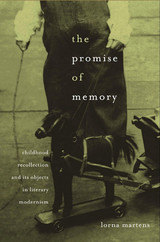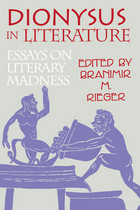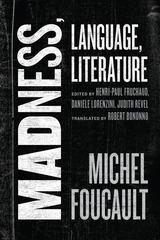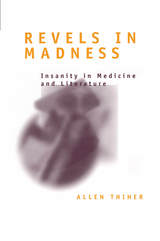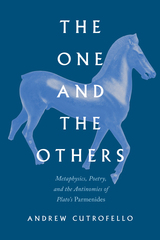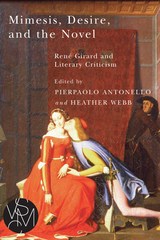Mirabile Dictu: Representations of the Marvelous in Medieval and Renaissance Epic
University of Michigan Press, 1996
Cloth: 978-0-472-10691-2
Library of Congress Classification PN56.M3B56 1996
Dewey Decimal Classification 809.132091
Cloth: 978-0-472-10691-2
Library of Congress Classification PN56.M3B56 1996
Dewey Decimal Classification 809.132091
ABOUT THIS BOOK | AUTHOR BIOGRAPHY | REVIEWS | REQUEST ACCESSIBLE FILE
ABOUT THIS BOOK
Mirabile Dictu covers in six separate chapters the works of Virgil, Dante, Boccaccio, Ariosto, Tasso, and Spenser. Its broad aim is to provide a select cross-section of works in the Middle Ages and Renaissance in order systematically to examine and compare for the first time the marvelous in the light of epic genre, of literary and critical theory (both past and present), and of historically and culturally determined representational practices.
Douglas Biow organizes this volume around the literary topos of the bleeding branch through which a metamorphosed person speaks. In each chapter the author takes this "marvellous event" as his starting point for a broad-ranging comparison of the several poets who employed the image; he also investigates the ways in which a period's notion of "history" underpins its representations of the marvelous. This method offers a controlled yet flexible framework within which to develop readings that engage a multiplicity of theories and approaches.
Mirabile Dictu offers not only an insightful survey of the literary connections among this group of important poets, but also a useful point of departure for scholars and students intrigued by the reuse of epic conventions, by the peculiar role of "marvellous" events in dramatic poetry, and by the later history of classical literature.
See other books on: Epic literature | European literature | Literature, Medieval | Renaissance, 1450-1600 | Representations
See other titles from University of Michigan Press
